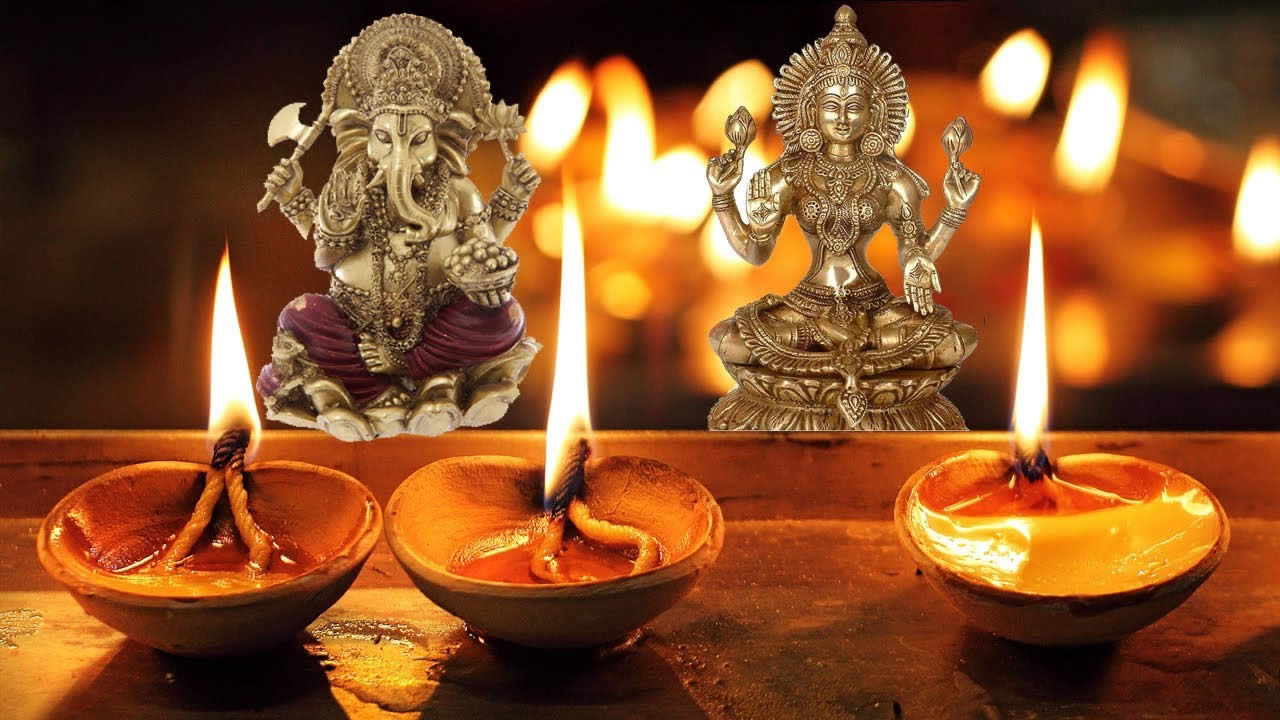
The most significant Hindu festival, Diwali, is around the corner. The festival of lights that marks the triumph of good over evil and, symbolically, light over darkness. Mauritius has a large number of Indian expatriates who celebrate Diwali in their own unique style and traditions. So, I ventured to ask a few of them about the relevance of maintaining their ancestral traditions while living as an expat in Mauritius, and what Diwali here means to them and how different it is from back home in India.
In India, getting rid of old things and bringing in their new versions is a long-time tradition. Old things include clothes, furniture, books, newspapers, and so on and so forth, whereas getting new clothes is a must for every member of the family, buying gold on the festival is also a family tradition for many. Persons who don’t buy gold or silver at least buy a new utensil for the kitchen. Diwali is also the time when people paint their houses and offices. So, on Diwali, everything looks brand new in India. Diwali is more of a social affair, as the whole country comes together to celebrate the festival whereas in Mauritius, Diwali festival is more of a family affair.
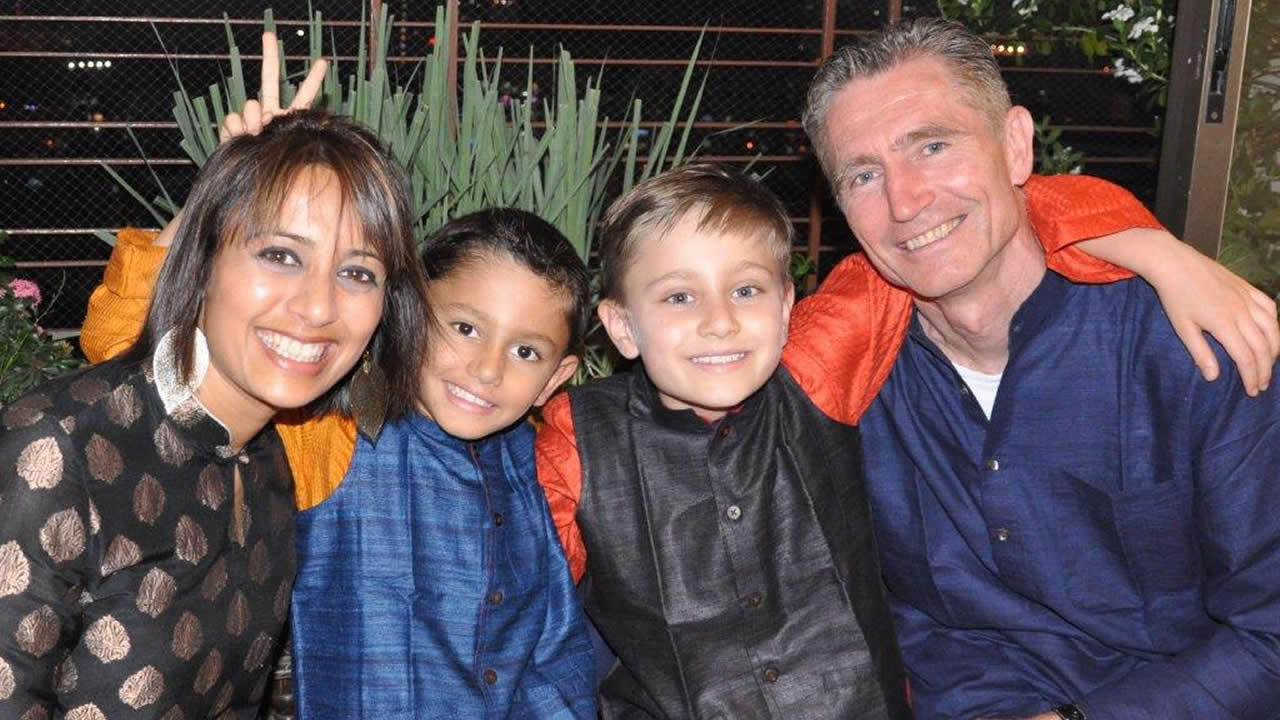
So, for expats living in Mauritius, celebrating Diwali is a time to connect with their roots and revive traditions. Celebrating your traditions is perhaps most important if you have expat kids growing up in another culture, the so-called 3rd culture kids.
So to revive their true style, Indian homes in Mauritius will flaunt their best lights, ‘diyas’ and ‘rangolis’ in the coming days. The ‘rangoli’ is of utmost importance, owing to its symbolic welcoming of Goddess Lakshmi's first steps into the home.
It’s also rewarding to discover more about the particular cultural festival being celebrated. Diwali falls on 7th November this year, and here, we run our eye over some of its key aspects.
What is Diwali?
Celebrated by Hindus all over the world, it is a religious festival and major event in the Hindu calendar. The celebrations last about five days. Starting two days before Diwali, on the day of ‘Dhan-tryodashi’, the next day followed by ‘Yam-Chaturdashi’, Diwali, Goverdhan and concludes on fifth day, which is dedicated to brothers called ‘Bhai-Dooj’.
Why is it celebrated?
There are various legends associated with this vibrant festival. One of the most popular ones is the story of the return of Lord Rama and his wife to their Kingdom of Ayodhya after a 14-year- exile. The people joyously welcomed him with thousands of lamps, as it was a no moon day. Diwali falls on a no moon day every year.
How is it celebrated?
Similar to how lamps were lit for Lord Rama’s return, diyas (lamps made of clay) are placed around homes during the festivities. People clean their homes thoroughly, especially the kitchen and prayer room. Doorways and entrances are often decorated with ‘rangoli’. These special decorations are to welcome Lakshmi, the Goddess of wealth, into the home. Another highlight of this celebration is to prepare different kinds of sweets at home and then distribute them to family and friends.
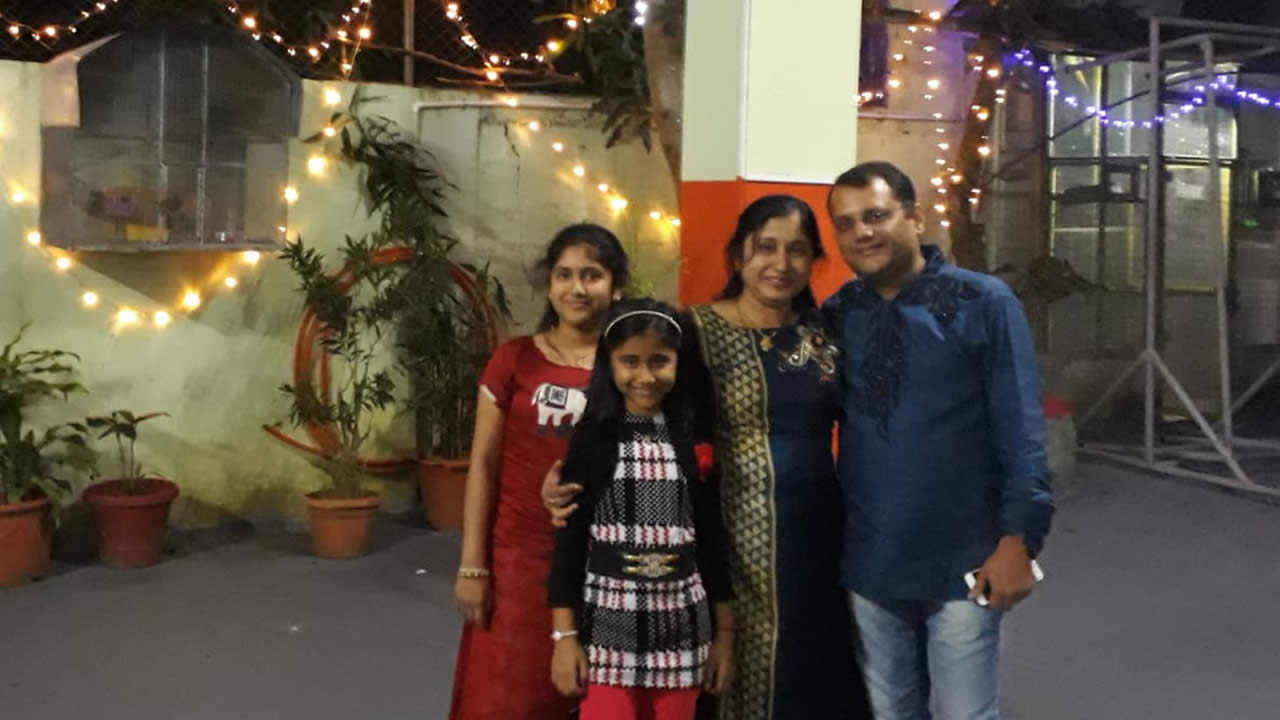
Most of the Hindu temples around Mauritius conduct a grand puja during the occasion of Diwali. People pray to Goddess Lakshmi on Diwali for prosperity, peace and wealth.
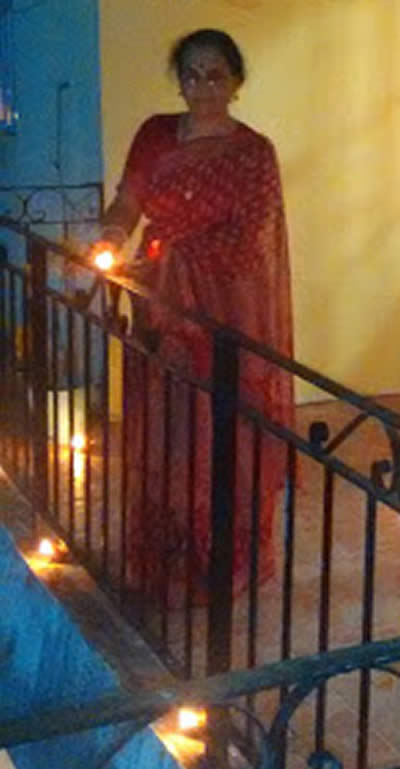
People are on a shopping spree for Diwali
For Indian expats Rachna and Samit Gupta, Diwali is a very happy and busy affair. Being in an import-export business in the Freeport sector along with two retail outlets of Indian wear with the name Rachna Rivaz, it is the busiest time of the year for them. According to Samit, “Mauritians like to wear traditional clothes on all festivals; Diwali being the most major Hindu festival, traditional new outfits are a must for everyone.” Gupta feels that Diwali is definitely very different here in Mauritius than back home. “Here people celebrate Diwali in very religious ways. It is just like the good old Indian days when people used to cook sweets at home and distribute to the family, friends and neighbors. Mauritius is still following those traditions of home cooking, whereas in India, now people are so busy that they prefer buying sweets from the market. Good quality sweets are easily available in every corner of the streets in India. Some sweets are really very hard and time consuming to prepare at home.”
The other thing Samit likes about Mauritian Diwali is that people concentrate on rituals and prayers very much. Samit’s wife Rachna, who takes care of the outlets of Indian wear asserts, “Being in the fashion business, it is the busiest time for everyone in the industry. All new designs are launched during Diwali by all big brands in India. We have to follow them and choose the best design according to Mauritian taste, which is a hard job. We also launch our own design on Diwali festival, because sometimes, due to differences in weather, Indian winter designs are not feasible for Mauritian summer. As for Diwali at home, we decorate the house and prepare some sweets and light ‘diyas’ at home and spend the day together with family and friends.”
Remembering Mumbai Diwali
For people like Ashutosh Deshmukh, who are away from families due to work commitment, it is the hardest time. “It is one of the most significant festivals for Hindus and being alone and away from home on this day can be very difficult for anyone like me,” declares Deshmukh in a sad voice, but the smile reappears on his face when he shares how they celebrate Diwali festival back home in Mumbai.
“The first thing is to go to the bank locker one day before Diwali and bring the gold and silver coins along with jewelry. On the day of Diwali, parents and children would get up early and clean the coins. It was a moment to connect with our forefathers. Some coins are as old as of the year 1840, bought by our great-great-great-grandfather and they were passed on to the next generations. Along with the Gods, we also worship those coins, as they have been touched by all our forefathers. In Mumbai, the Lakshmi Puja is the most important ritual on Diwali. Rangoli is the artistic part of Diwali, which is never missed by any household in Mumbai,” affirms Deshmukh.
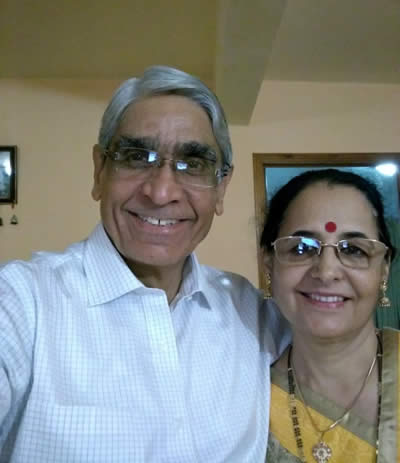
In Mauritius, he has yet to decide where he will spend this Diwali, as he has many Mauritian friends who are like family to him. But one thing that he has decided to do is to go to Ganga Talao (Grand Bassin) early in the morning on the day of Diwali festival. “I like that place very much. It is hard in India to find a secluded and serene place of worship like that.”
Health and festivities together
Arpita is a weight loss expert. She knows how to enjoy the sweets of festive season but also how to avoid gaining weight. For Arpita, Diwali usually kicks off with an early morning strength training workout and a swim in the azure blue waters of Mauritius (to compensate for the calories from sweets coming later in the day).
She shares, “Dressing up my "Aussie" boys in ethnic Indian clothes, visiting the local Ram temple in Rivière-du-Rempart and sharing the story of Lord Rama's return to Ayodhya form an integral learning part of the other half of their culture.”
As for the food part, she reveals, “Diwali is a perfect opportunity to enjoy a traditional Indian vegetarian meal in my favorite restaurant, Sitar, at Bagatelle. In the evening, we invite friends to come and join in the festivities and sweets.”
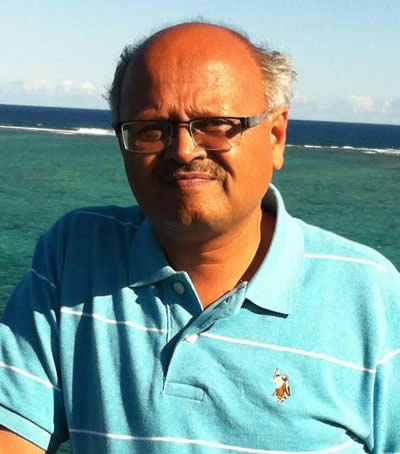
Arpita is also concerned about the effects of fire crackers on animals and she imparts, “Since our stray pup ‘Georgette’ adopted us in Roches Noires, we have favored a ‘silent’ Diwali because we now understand and empathize how awful it is for animals to be subjected to the sound of loud fire crackers.”
The perfect Diwali day ends with children making sand castles on a Mauritian beach and the kids also love lighting the ‘diyas’ and making the sand castles shine like an Indian Fort. That is Arpita’s perfect Diwali in Mauritius, when she is not in India with her parents. For more health tips on Diwali, you can check out her website www.mindandbodypt.com
Enjoying a religious Diwali
Brigadier Doctor Arvind Chaudhary and his beloved wife Renu Chaudhary will be celebrating their 3rd Diwali in Mauritius as expats. They like to spend their Diwali festival together, decorating the house and doing prayers. They have already planned to attend a prayer at Ramakrishna Mission. “Traditional celebrations are some of the core aspects of any culture. Whether it is a wedding, a harvest festival, a religious holiday, or a national observance, our celebrations are woven tightly into our overall cultural identity,” informs Brigadier Chaudhary.
“Diwali celebrations is similar to India in many ways here in Mauritius but also differ in many other ways. We are happy here because we think we are in a country where Diwali is a public holiday. Although it is not the biggest festival here, like in India, it is nice to see the whole family engage themselves in pre-Diwali cleaning and shopping and making sweets at home. We have a few Indian students nearby, so they come by to make ‘rangoli’ together. It is obvious that we miss home and the kids, but overall, we enjoy Diwali festivities in Mauritius,” concludes Renu Chaudhary.
 J'aime
J'aime














